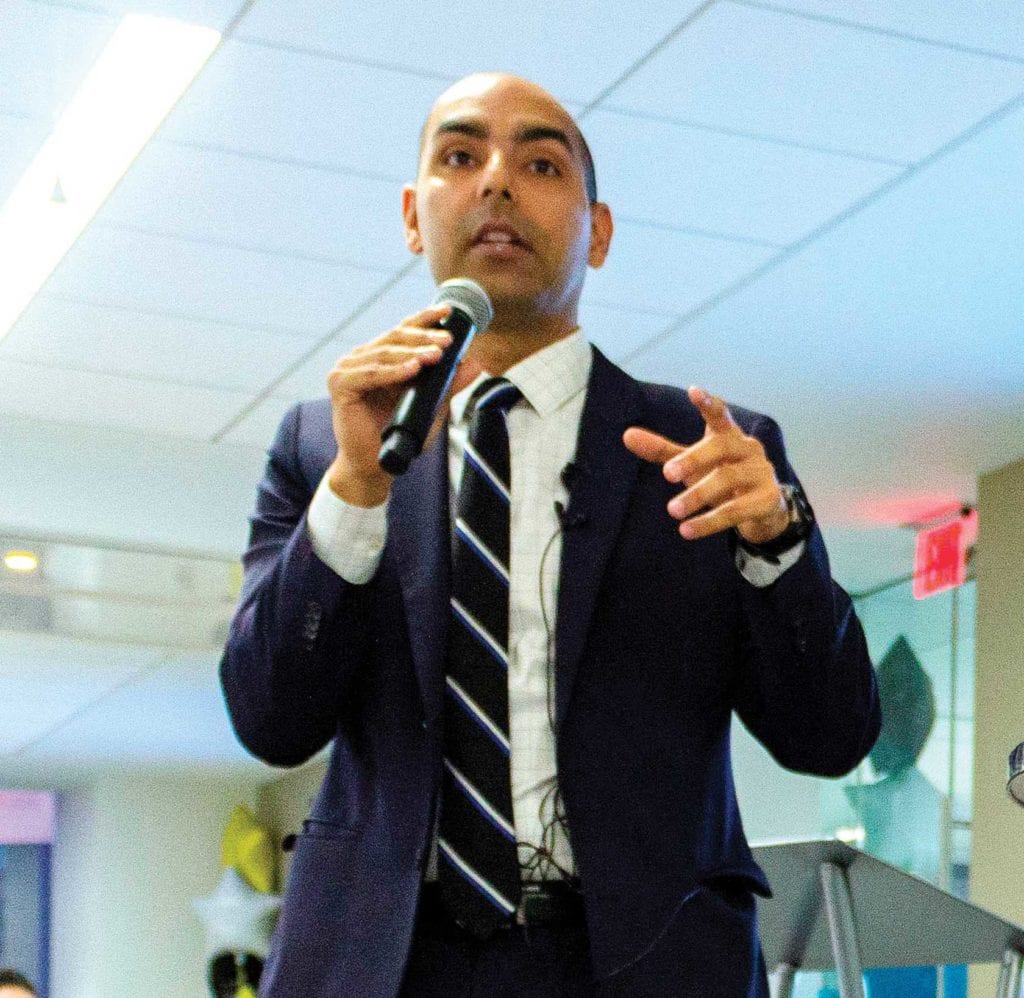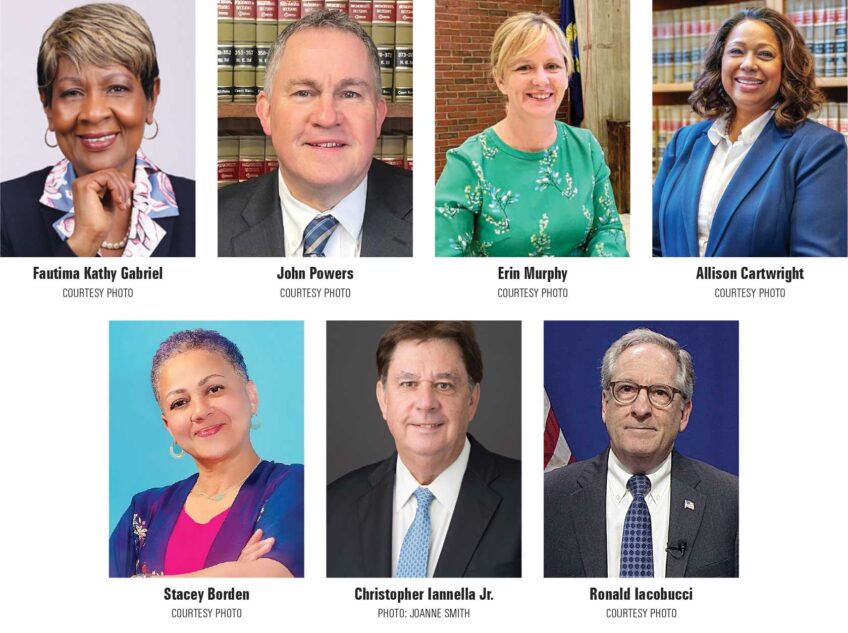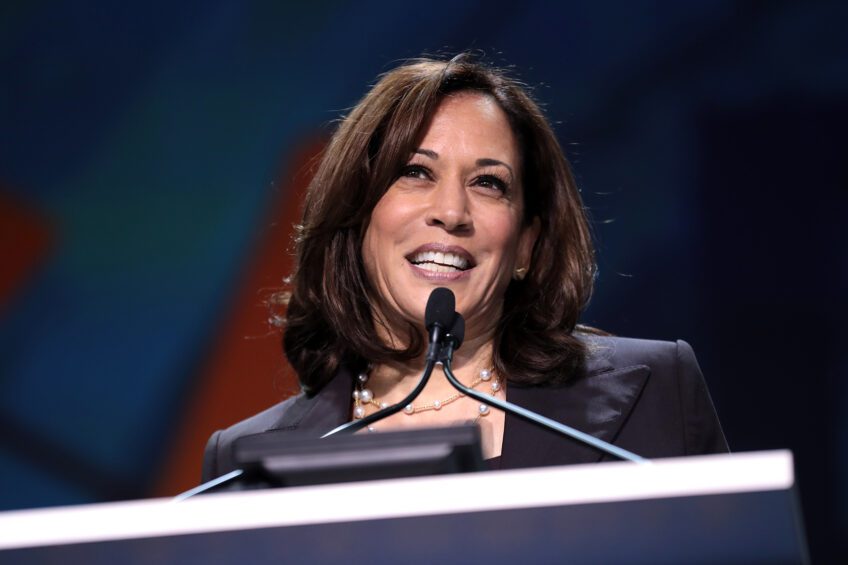State Rep. Jon Santiago enters mayoral race
The ER doctor and South End rep announced his bid Tuesday

State Rep. Jon Santiago announced his campaign for mayor of Boston last week, via a campaign video and the launch of his site, Jon-Santiago.com. The emergency room doctor and former U.S. Army captain has been in office since 2018 representing the South End and parts of Roxbury, the Back Bay and Fenway.
The fourth entrant in the race, Santiago joins city councilors Michelle Wu, Andrea Campbell and Annissa Essaibi George in vying for the mayor’s seat.
Now in his second term in the state Legislature, the South End resident is emphasizing recovery in his campaign messaging. He says he views Boston’s pressing issues through the lens of the acute crises he deals with in the emergency room at Boston Medical Center — COVID-19, addiction and the racial inequities that often drive who ends up in the hospital.
“We have a very acute crisis right now that needs to be addressed very quickly,” he said in an interview with the Banner. “That’s about getting folks vaccinated, getting folks tested, bringing our students back to school as soon as possible and revitalizing our economies.”
Santiago was recently named vice chairman of the Joint Committee on COVID-19 and Emergency Preparedness and Management and is a member of other health-related committees in the Legislature. He said he believes that the next few years of recovery are critical, and that he has the experience to lead Boston through it.
“I’m going to be the mayor to really lead us through this crisis into recovery, rooted in equity and opportunity. Because I think this moment really transcends politics,” Santiago said.
When discussing COVID-19 recovery, Santiago criticized Massachusetts’ vaccine rollout and stressed the importance of equity in vaccinations.
“The problem is, who can go to Fenway Park? It’s usually wealthier people, people who have transportation, people who have the ability to take time off of work to go to these places, right?”
He says many of those receiving the vaccine are not the people he sees ending up in the hospital.
“So when we come up with certain policies, we need to take into account, who are we serving? Are we serving those most vulnerable?”
An unusual race
With virtual campaign launches and four people of color running for a seat that has never been held by a politician who is not a white man, this year’s mayoral race could be precedent-setting.
Beth Huang, director of the nonpartisan voter engagement group Massachusetts Voter Table, said the prominence of progressive politics may also set this race apart from previous mayoral contests.
“A lot of candidates of color are anticipated to announce, and I think many candidates are trying to position themselves to be the most progressive in the race,” she told the Banner.
Huang said the next mayor’s relationship with the City Council, on which a majority of the members are women and people of color, could also be an issue in this year’s campaign.
“I think some issues that will come into play are the relationship between the mayor and the City Council in the [powers] in the city charter, which has large ramifications on the police budget,” she said.
Santiago said he would work collaboratively with the council as mayor.
“I would make a concerted effort to reach out to each and every city councilor to understand where they’re coming from, what their concerns are, and see what our differences may be. And I think that approach in the State House, over my first term in office, has been very effective in bringing funds to my district,” Santiago said.
Other issues
When asked about diverting funds from the Boston Police Department to support social services, Santiago focused on the need for addiction services, “I’ve worked with BPD to assess the acute situation, but it’s about how we get to the underlying causes. And that’s increasing access to mental health services, and substance use services.”
He did not say whether he would support a reduction in police funding.
In the education realm, asked whether he’d support a return to an elected school committee, Santiago did not take a position but said he is open to looking at other models that could potentially provide greater representation of Boston’s students.
Asked whether he would support rent control, he said the issue is “complicated, and we need to be thoughtful in our approach” to housing to make sure people can have stable places to live.
Latino voters
Sources say as many as 20,000 Latino voters could turn out for the preliminary election, a dynamic that could play to the advantage of Santiago, who is Puerto Rican.
Rosario Ubiera-Minaya, executive director of the nonpartisan organization Amplify Latinx, said that each candidate will face the same challenge of rounding up a non-homogeneous Latino electorate. Speaking to issues of concern to Latino voters will be important.
“A candidate who comes with straightforward plans for supporting Latino businesses, creating access to resources, capital, grants … and steps for how to reopen and rebuild our economy — and who listens directly to Latino entrepreneurs and business owners — is going to have the attention of Latino voters,” she said.
Santiago reports $159,063 in his Jan. 31 filing with the Office of Campaign and Public Finance. He has announced as his campaign manager Victoria Williams, a former staffer of New Hampshire Sen. Maggie Hassan who served as state director for the Pete Buttigieg campaign in the Granite State.






